Herb oils & vinegars
slashy
16 years ago
Related Stories
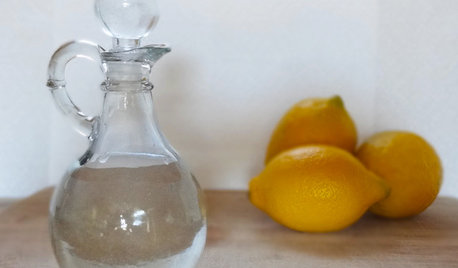
HOUSEKEEPINGVinegar and Voilà: Clean Your House the Natural Way
Ditch the commercial cleaners for nontoxic, inexpensive and versatile white vinegar
Full Story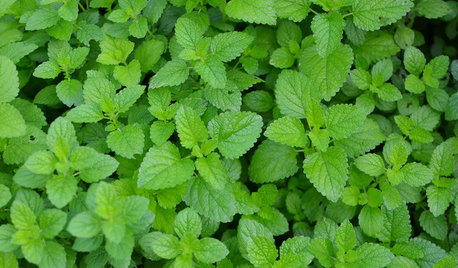
EDIBLE GARDENS12 Essential Herbs for Your Edible Garden
Make home cooking and drinks even better with herbs plucked from your own backyard or windowsill pot
Full Story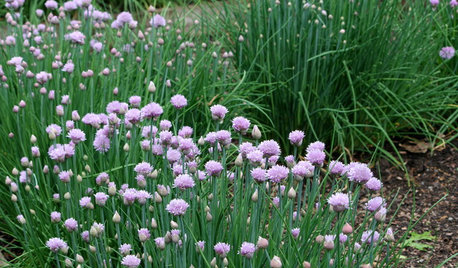
HERBSHerb Garden Essentials: How to Grow Chives
This decorative and delicately flavored herb from the onion family is easy to grow indoors and out
Full Story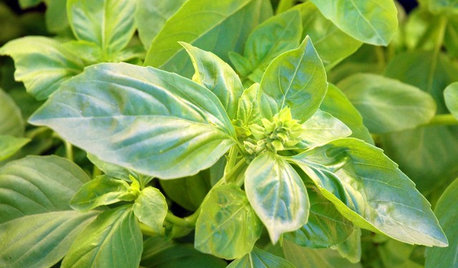
SUMMER GARDENINGHow to Grow Basil
Bright color, quick growth and endless uses for cooking make this summer annual a winner in the garden or a pot
Full Story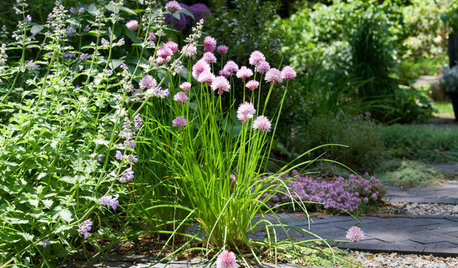
EDIBLE GARDENS8 Surefire Vegetables and Herbs for Beginning Gardeners
Learn the edible plants that are popular and easy to grow in a backyard or container garden
Full Story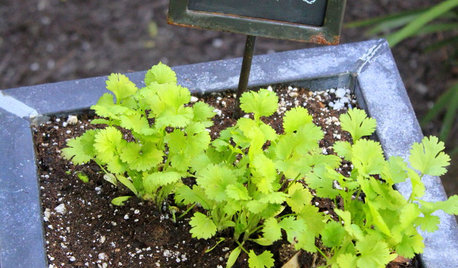
GARDENING GUIDESHerb Garden Essentials: Versatile Cilantro Adds Flavor to Herb Gardens
Love it or hate it, this cool-season herb contributes its unique flavor to any number or the world’s cuisines
Full Story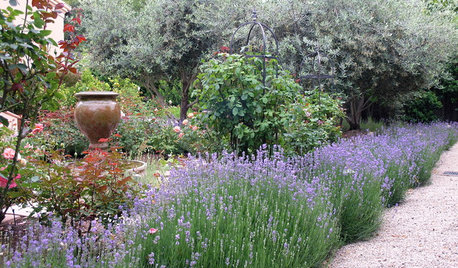
FLOWERSHerb Garden Essentials: Grow Your Own Fragrant Lavender
This do-it-all plant is ideal for almost any garden, and its uses are abundant around the home
Full Story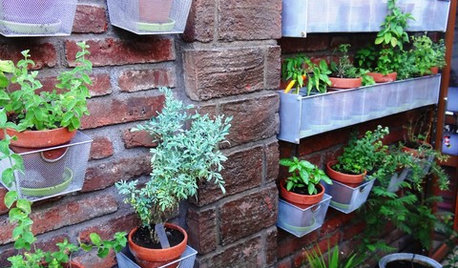
GARDENING GUIDES9 Fresh Herbs for Crowd-Pleasing Thanksgiving Dishes
Pluck these herbs from a windowsill pot or a garden for a Thanksgiving meal that sings with fresh flavor
Full Story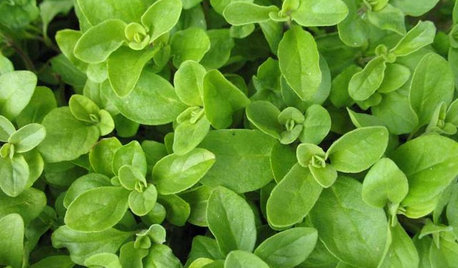
EDIBLE GARDENSHerb Garden Essentials: Grow Your Own Oregano and Marjoram
Say 'buon giorno' to classic Italian herbs you can grow just as easily in pots as in the summer garden
Full Story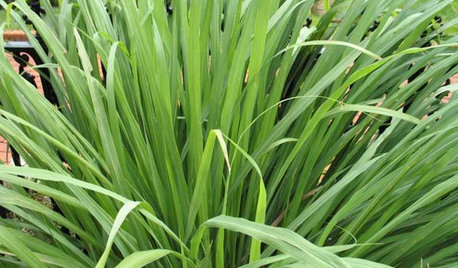
HERBSHerb Garden Essentials: Grow Your Own Zesty Lemongrass
Add lemony goodness to cooking and tropical flavor to your yard with this grass-like herb native to Southeast Asia
Full StoryMore Discussions






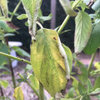
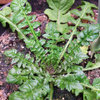
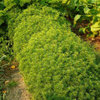
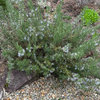
ksrogers
Daisyduckworth
Related Professionals
Ballenger Creek Landscape Architects & Landscape Designers · Fort Lee Landscape Architects & Landscape Designers · Salisbury Landscape Architects & Landscape Designers · Annandale Landscape Contractors · Fort Myers Landscape Contractors · Hannibal Landscape Contractors · Lady Lake Landscape Contractors · Mission Viejo Landscape Contractors · Oak Forest Landscape Contractors · Ronkonkoma Landscape Contractors · Tyngsboro Landscape Contractors · Long Beach Roofing & Gutters · Maplewood Roofing & Gutters · West Orange Roofing & Gutters · Wilmette Roofing & GuttersslashyOriginal Author